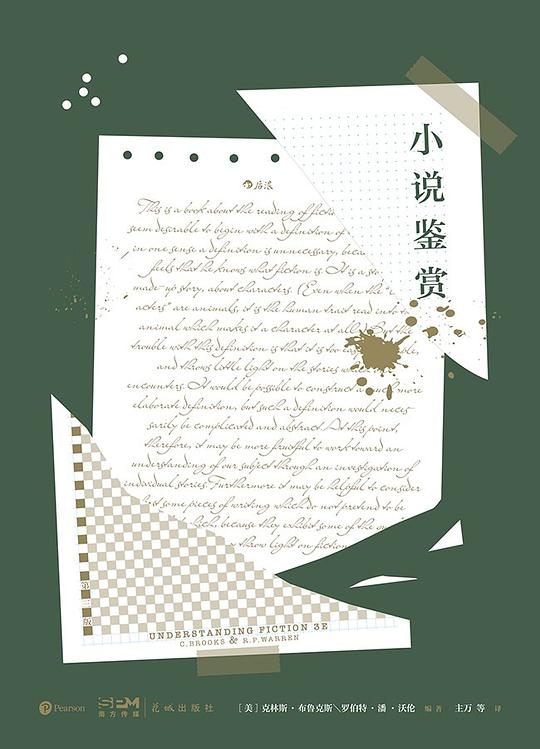
小说鉴赏:重温大学课堂,私藏不想分享
书名:小说鉴赏
1
0

幻想小镇 2023-05-09 22:04:42
READERS
Many people enjoy reading novels, but do they truly understand how the delight of reading is produced?
As a reader, my relationship with novels has always been complex. I tend to read and interpret them in a spontaneous manner. Whenever I encounter a great work, however, I cannot help but ponder how it was written. Novels crafted by great writers must surely be imbued with a wealth of life experience. They must have a profound insight into human nature and be able to discern the subtle relationship dynamics between people.
As someone who is relatively more concerned with flora and fauna, and is somewhat lazy and unsophisticated when it comes to interpersonal relationships, I know I cannot hope to match these literary giants. And so I am content to remain an appreciator of their art. After all, I cannot afford to invent facts in my daily work writing official documents, and even less so when it comes to writing news articles.
However, over the years, I have become increasingly aware that texts are interrelated, and there are many common elements that can be borrowed and adapted. The ability to tell a captivating story is truly a charming talent. As we read excellent journalistic pieces, we can observe that journalists are also masters of narrative. Even so-called stereotyped and conventional official documents possess meticulous logic and practicality.
In particular, listening to some speeches, it is difficult not to notice the stark difference in the impact between someone who merely shouts and someone who skillfully tells a moving story that resonates with the audience.
Indeed, my favorite essays and stream of consciousness novels also rely on a well-crafted structure. Habitual and lazy thinking may nullify an otherwise skillful intention. But what if we referred to the logic of a novel – could we not transform something mundane into something magical?
This has been my dilemma in recent years. And so when I came across the easy-to-read and informative "Novel Appreciation," This book is a voluminous seven-chapter tome with a clear structure that analyses elements common to short stories, such as plot, characterisation, themes, and so on, using examples of masterpieces from renowned authors. Each chapter concludes with a summary, author profile, and discussion topics.
Although I have long left campus and universal education behind, reading this book has brought back fond memories of those language classes when it felt like my teacher was trying to digest the entire article to deliver it to us in a clear and comprehensive manner. In retrospect, it was an exercise to develop our reading and appreciation skills. This ability was soon overshadowed by intuition, though.
At a staggering 682 pages long, this book is packed with rich and solid content. It is not solely focused on craft; it is foundational and steady. It is like a bowl of rice or noodles – its texture is comforting, and it reminds me of the tenderness and love of my mentors from my youth.
I hesitate to do it justice with my review. In honesty, I would love to keep this a secret and keep it to myself. Nonetheless, I am grateful for this timely encounter and will undoubtedly continue to refer to it as a reference book.
When reading their writing, we truly appreciate what it means to appreciate. This is an American university textbook, but Chinese universities should also have such textbooks. Todays Chinese universities (where everyone talks big and no one reads) need such textbooks even more.
相关推荐
萤火谷的梦想家
艾莉森•麦吉出生于1960年,是美国《纽约时报》畅销书作家,同时也是大都会州立大学创意写作课的教授。她的作品被翻译成20多种语言并出版,也曾被提名普利策奖,并获得苏斯博士奖金奖、克里斯托弗图书奖、美国 [美]艾莉森•麦吉/[美]克里斯托弗•丹尼斯/绘 2023-03-27 16:50:25鬼马女神捕1·绝密卧底(上)
腹黑凤凰vs毒舌鸡妖——蓝翎:“小姬,跟我去人界吧!”姬十四:“干吗?让人宰了我做小鸡炖蘑菇吗?”蓝翎:“不啊,让妖怪宰了你做小鸡炖蘑菇更气派。”凤凰蓝翎和鸡妖姬十四生活在无忧无虑的灵界。他们的故乡叫 郝天晓 2023-04-17 00:22:47© 2023-2025 百科书库. All Rights Reserved.



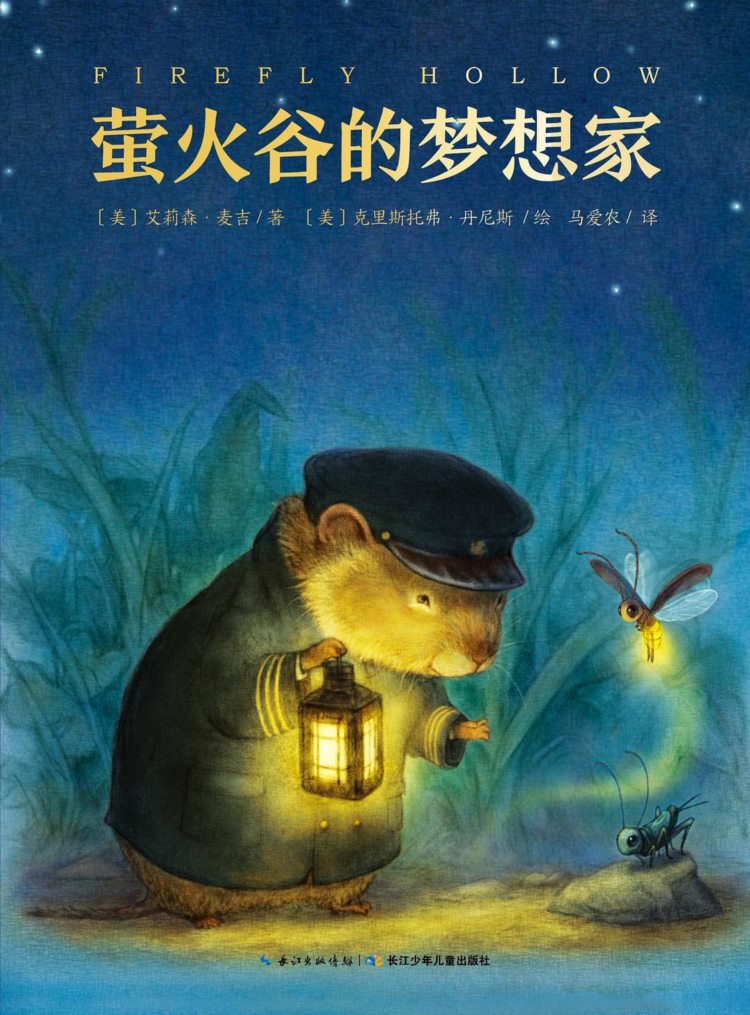
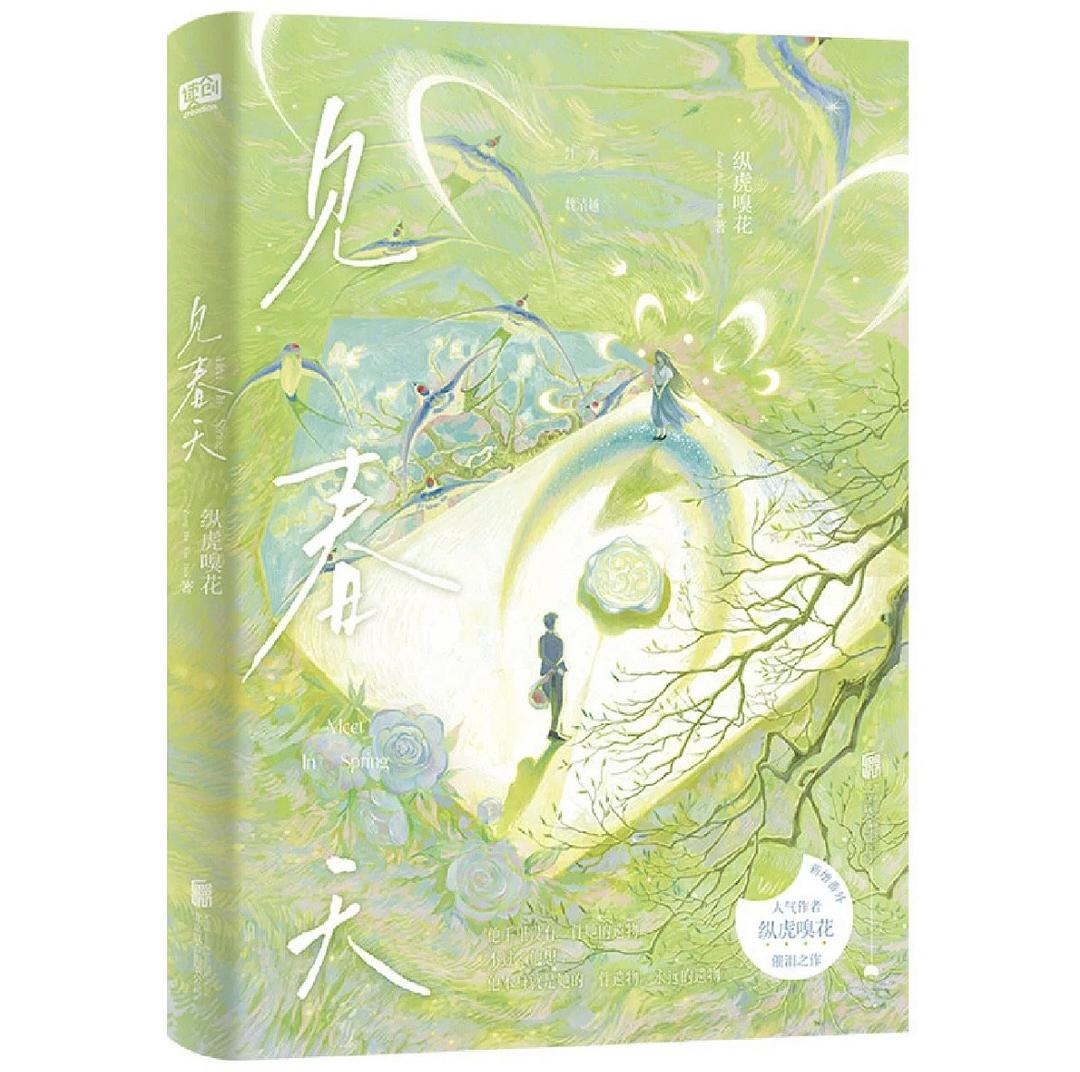

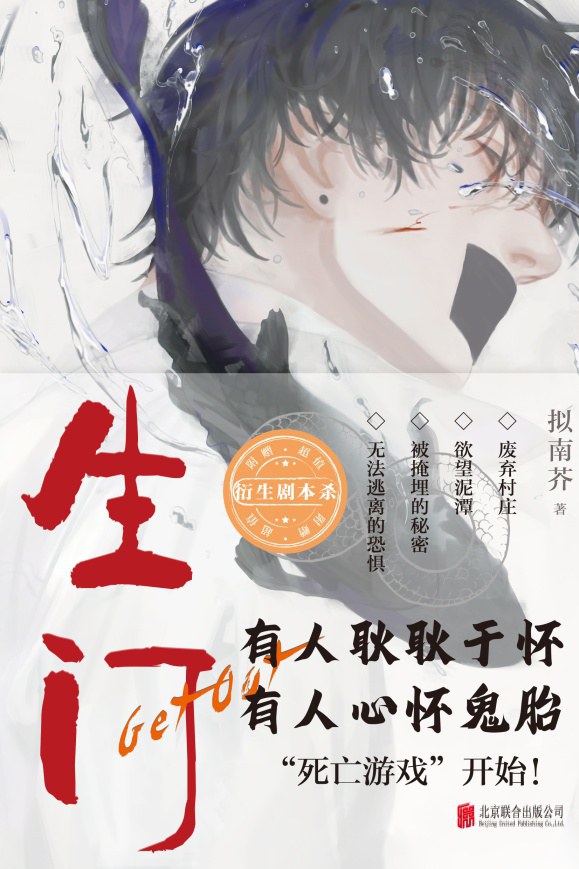

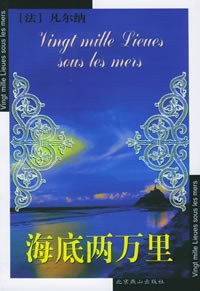

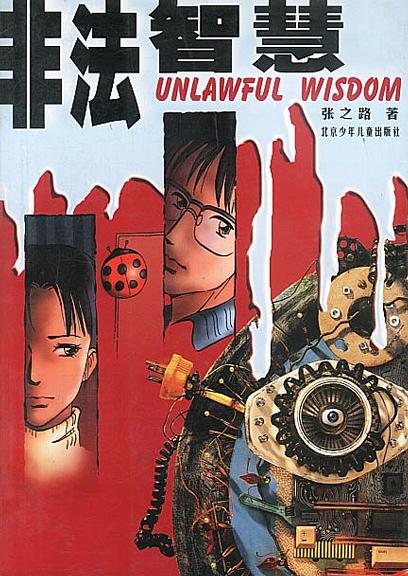
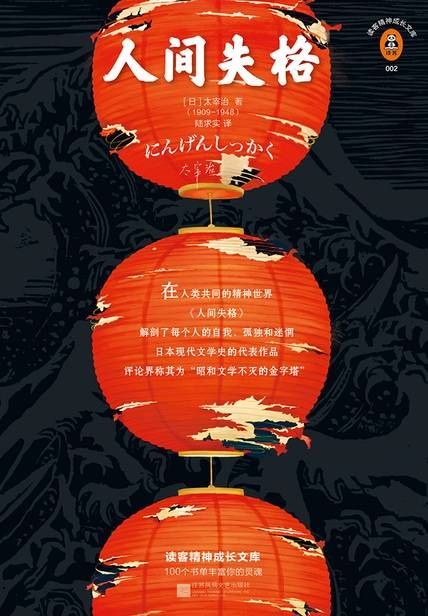
发表评价